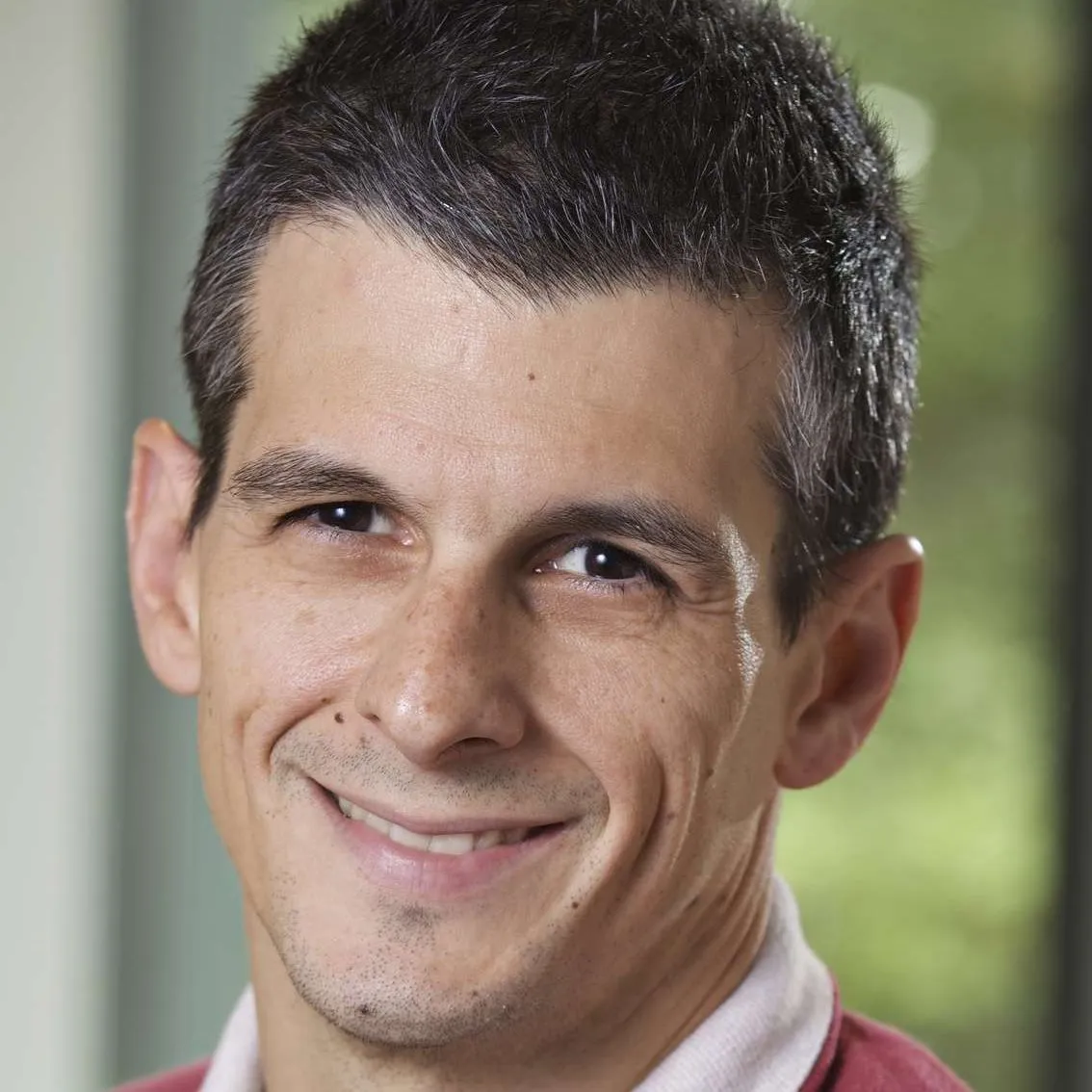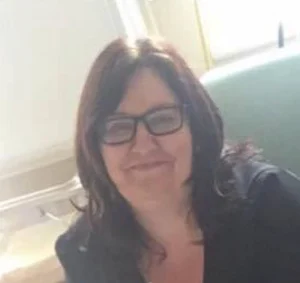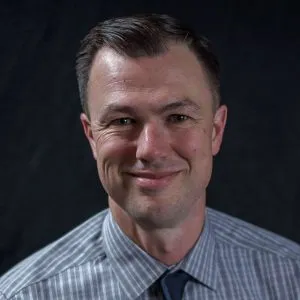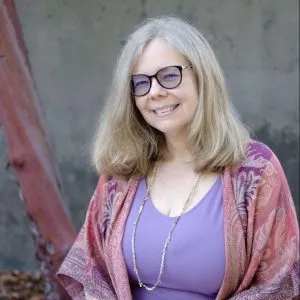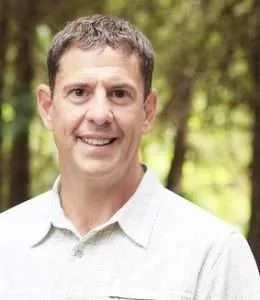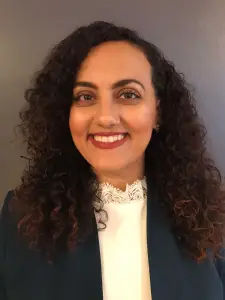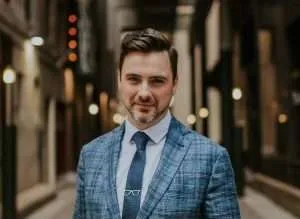Editorial Note:
This profile of Gary David, PhD is brought to you through a joint collaboration between Applied Worldwide and the Association for Applied and Clinical Sociology (AACS). Thank you to AACS and all those who made valuable contributions to the Profiles in Applied & Clinical Sociology series.
This profile is presented with the intentions of: 1) providing students with examples of applied sociology, 2) providing market value to sociological skills and services, and 3) promoting the work of individual sociological practitioners and organizations. You can learn more about AACS at AACSnet.net.
Gary David, PhD
Gary David earned his Ph.D. in sociology from Wayne State University. He is a Certified Clinical Sociologist who uses a systems approach to practicing sociology. As a Certified Clinical Sociologist, he offers a myriad of services to clients including: experience design, experience alignment, user experience, customer experience, patient experience, diversity and inclusion training, ethnographic studies of work, and forensic linguistics. His daily life as a clinical sociologist “involves a lot of business development, creating content, seeking networking opportunities, and in general being entrepreneurial.”
When we asked Dr. David how he established his sociological practice he said:
“A lot of networking and branding practice. Talking with established consultants about their own personal journey. Trying to find ways to differentiate my own services and establish value in those opportunity spaces.”
Read the full interview with Dr. David below to learn more about his work as a Certified Clinical Sociologist.
Using Sociology in Practice
To begin, can you briefly describe the work you do as an applied and clinical sociologist?
As a certified applied and clinical sociologist, I use a systems approach to generate analytical insights, design solutions, and create client value. As an instructor, consultant, and facilitator, I have worked with companies across sectors in achieving a contextually-based experience design strategy, developing community-based approaches to achieve distributed work, and identified opportunities for and barriers to organizational cultural change. [I have] research and instruction specialization in:
- Ethnographic and qualitative studies of work
- Achieving collaboration in distributed teams
- Experience design
- Forensic linguistics and applied conversation analysis
- Organizational cultural inventory
[I have] over 20 years of instructional experience across a range of audiences, including: undergraduates, MBAs, master’s program in [user experience], professional associations, non-profit organizations, and for-profit businesses.
How do you use sociological research methods in practice?
I conduct a lot of qualitative and ethnographic research as part of my work, as well as integrating qualitative and quantitative data.
How do you use sociological theory in practice?
I use a lot of ethnomethodology as a foundation for the work that I do, focusing on workplace studies and conversation analysis. In addition I use grounded theory and other inductively-oriented approaches. [You can learn more about those approaches here.]
Lessons for Future Practitioners
What types of courses should undergraduate students take in preparation for a career in your type of practice?
Courses in design would be beneficial, as well as courses on project management.
What types of courses should graduate students take in preparation for a career in your type of practice?
Same as above. Courses with people from other disciplines would be great as it would expose students to a variety of ways of thinking.
What types of experiences should undergraduate and graduate students seek in preparation for a career in your type of practice?
Internships where they are encouraged to apply sociological insights and methods.
What are the best outlets to learn more about a career in your type of practice?
The Association for Applied and Clinical Sociology!
What advice do you have for aspiring sociological practitioners?
The world is found outside the classroom, but informed by what happens in it.
Check out Dr. David’s organization, ethno-analytics, for even more information on the work he is doing as a certified clinical sociologist!

